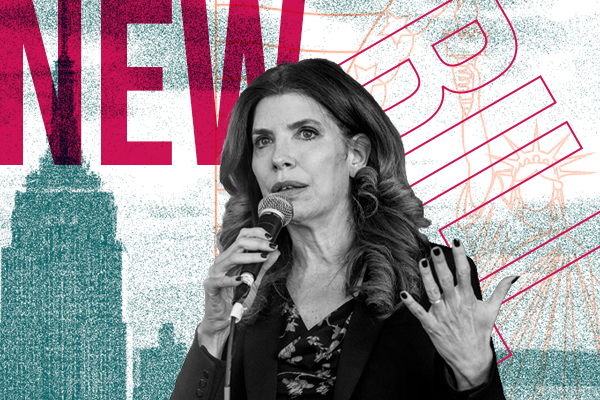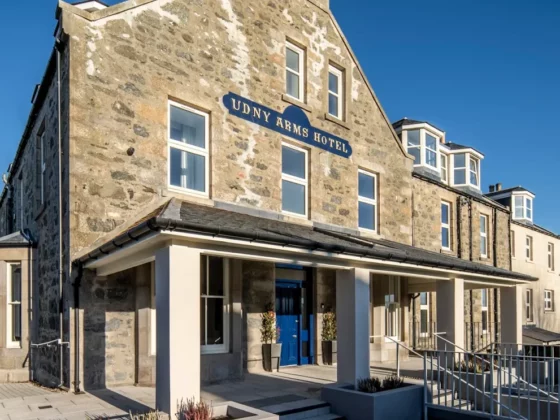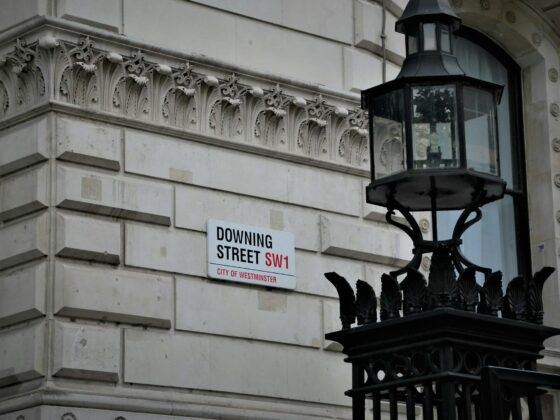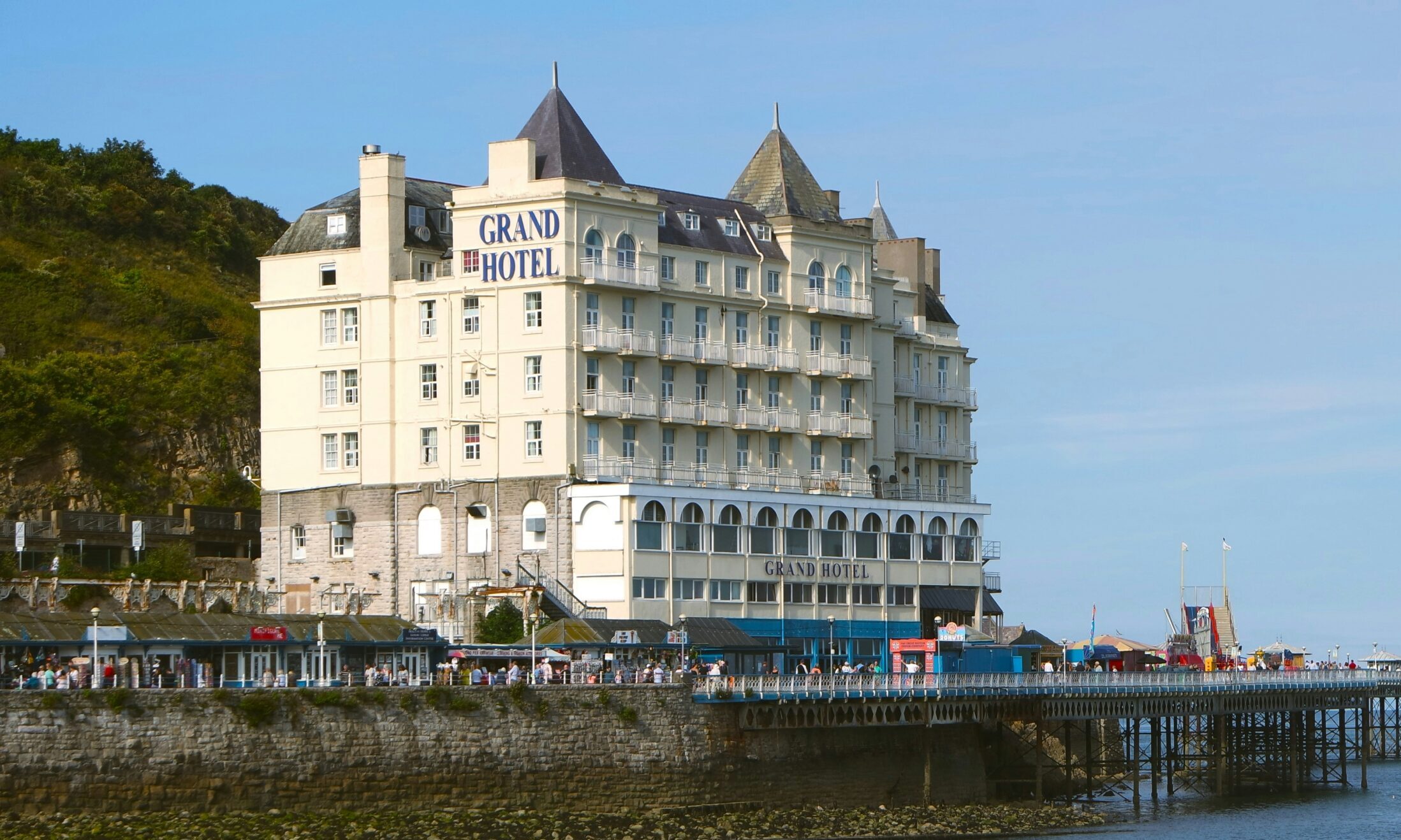
Hotel associations have been expressing concern over a bill recently introduced by the New York City Council that mandates hotels to secure a license to operate their business in the city.
The bill, advanced by Councilwoman Julie Menin, would potentially drive-up costs by requiring hotels to contract out services to a single management firm and prohibit outsourcing work unless most of all “core and critical employees” are covered by a collective bargaining agreement. The bill essentially calls for employees to have a union contract or be represented by a union.
Hotels will have to obtain a one-year license and renew it every year from the Department of Consumer and Worker Production for $200. Hotels will be required to maintain the cleanliness of each guest room. Large hotels will have to maintain continuous front desk coverage and have at least one security guard. Hotels will also be expected to meet some sanitation standards and employ all core employees directly. Hotels found violating the license conditions will be penalized.
In a post on X, Councilwoman Menin said she had postponed the hearing of the bill scheduled for Tuesday to “allow for more time for feedback” ahead of taking the next step in the legislative process and wanted to use the time to “work with my partners in government, labor and industry stakeholders” on the bill.

After speaking with @NYHTC and @HANYCINC I have decided to reschedule the upcoming hearing on the Safe Hotels Act to allow for more time for feedback prior to taking the next step in the legislative committee process. 1/3
— Julie Menin (@JulieMenin) July 28, 2024
The bill would impose onerous and unnecessary staffing requirements on hotels in the city and mandate other rules that would needlessly disrupt hotel restaurants, threaten the operation of the successful franchise business model and require some owners to divest from the properties, the American Hotel & Lodging Association (AHLA) said in a statement.
“Over the last 10 days, NYC’s hotel industry and the tourism economy have rallied to speak with one voice and resoundingly make clear that the Hotel Licensing bill introduced in the City Council has the potential to devastate New York City’s hotel industry. We are grateful for the support of our members, hotel industry coalition partners, and our allies in the restaurant and real estate community for helping to avert an economic disaster in New York City that no one wants,” said AHLA Interim President & CEO Kevin Carey.
Vijay Dandapani, president and CEO of the Hotel Association of New York City, referred to the bill as a “nuclear bomb” that will destroy a significant part of the hotel industry.
The proposed legislation is supported by the Hotel Trades Union, The New York Post wrote.
The legislation’s blanket approach, along with the lack of consultation with industry experts, fails to consider the operational needs of NYC hotels. This could pose challenges in maintaining consistent operations under the new mandates, the Asian American Hotel Owners Association (AAHOA) said.
“If passed, this bill would impose undue burdens on hotel owners. One of the most pressing issues facing the hospitality industry today is the labor shortage. By limiting access to approved, available subcontractors for essential functions like housekeeping, maintenance, and security, a hotel’s ability to maintain consistent operations will be tougher in this labor market, especially for smaller hotels. Limiting this ability would severely hinder our operations and worsen the workforce shortage,” said AAHOA Chairman Miraj S. Patel.
The proposed legislation also threatens to further inflate NYC hotel room rates. Hotel room rates have on the rise, driven by the ban on short-term rentals in 2023. More than 130 of the city’s nearly 680 hotels have been converted into migrant shelters, thereby lowering the volume of bookable rooms, resulting in room rates to skyrocket. None of these hotels have gone back to operate as a traditional hotel, New York Times said. The average daily rate for a hotel in NYC surged by 8.5% to touch $301.61 in 2023, according to CoStar.
Urging the New York City Council to slow down and consult with all stakeholders, AAHOA President and CEO Laura Lee Blake said a “balanced solution” can be found that supports the city’s economic health and address the workplace challenges, without adding “draconian burdens” on hotel owners that will impact their ability to continue running their businesses.








